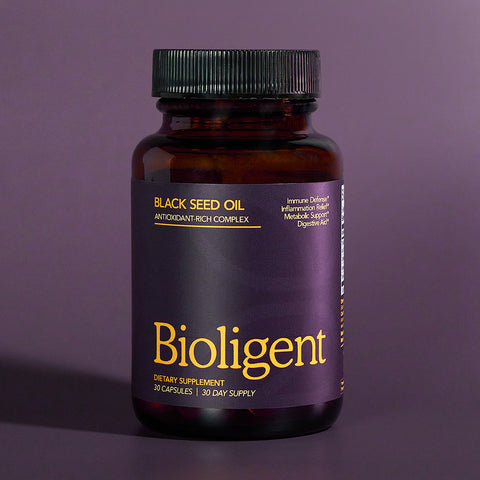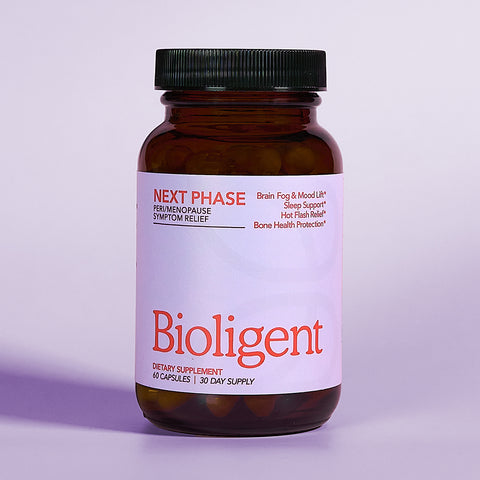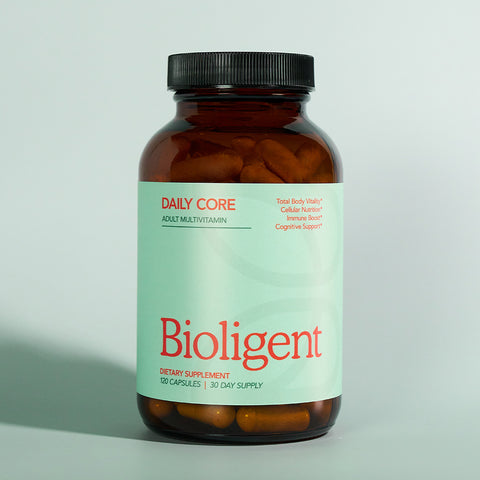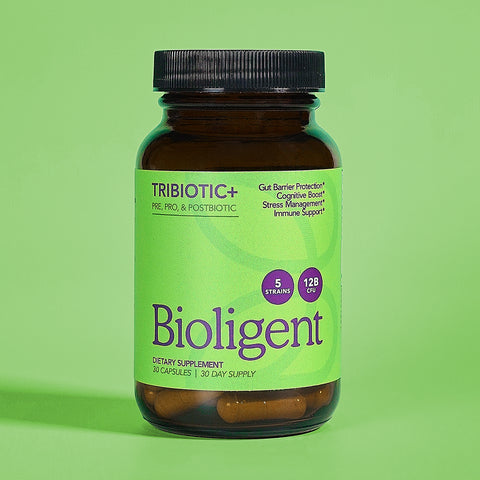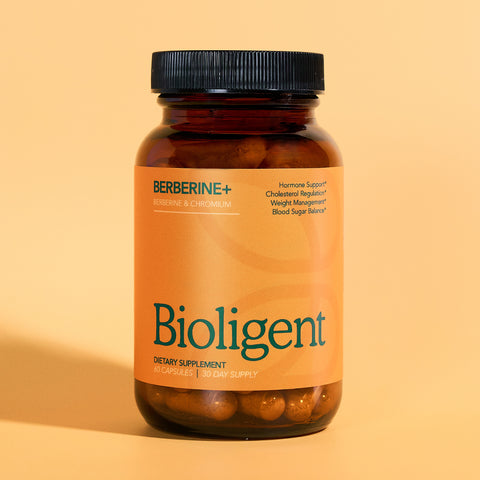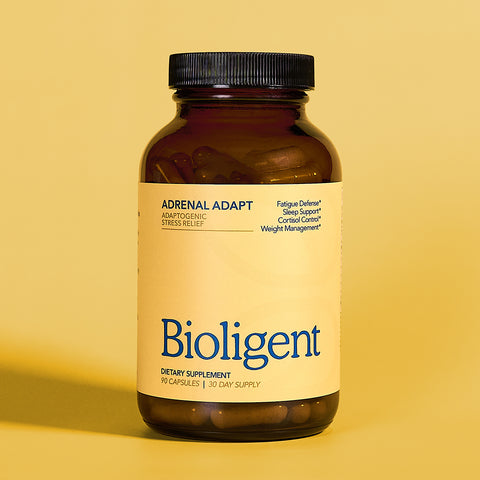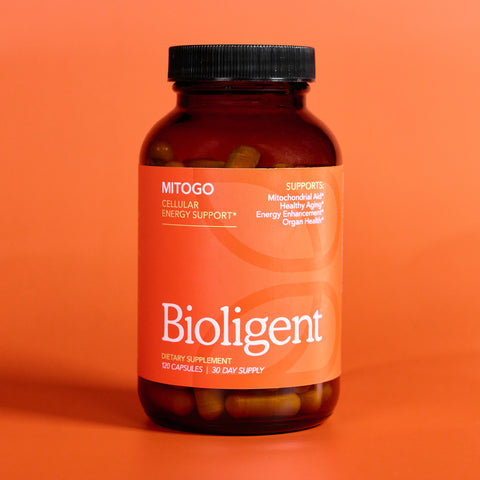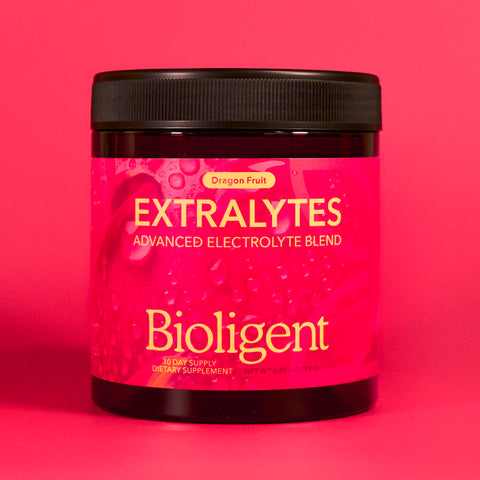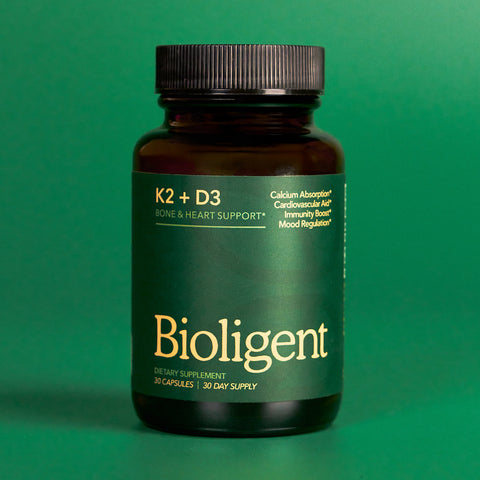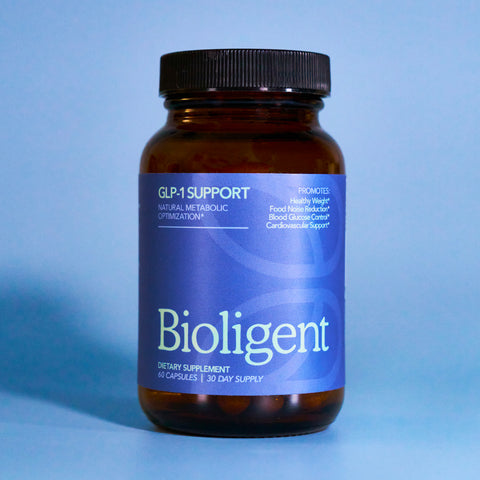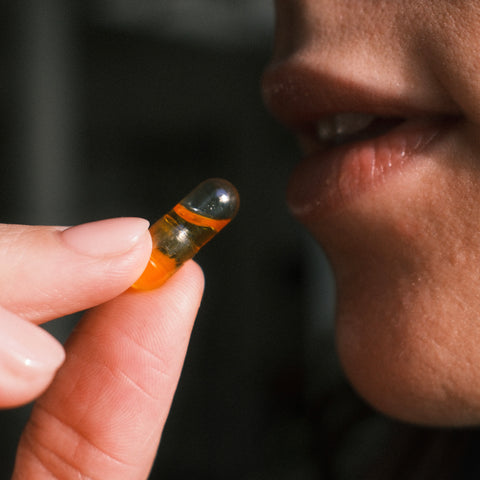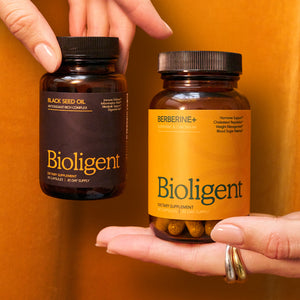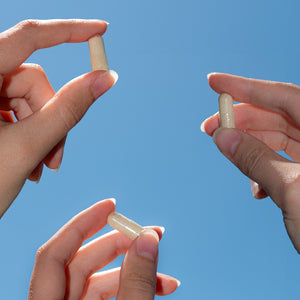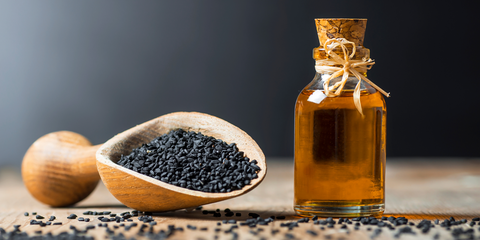Ever taken a supplement and wondered why it didn’t seem to do much? The secret might not be the ingredient itself, but in how much your body actually absorbs. That’s what experts call bioavailability, or the percentage of a nutrient that makes it through digestion and into your system where it can do real work.
Here’s the kicker: research shows absorption rates can swing dramatically, from as low as 10% to as high as 90%, depending on the form and delivery method. That means two supplements with identical labels could have very different outcomes. When you start to understand bioavailability in supplements, it becomes clearer why absorption matters just as much as the ingredients themselves.

What is Bioavailability?
In the simplest terms, bioavailability refers to how much of a nutrient your body can absorb and use after you take it.
When you swallow a supplement, it doesn’t automatically mean your body will take in all of its benefits. Instead, nutrients have to make it through your digestive system, get absorbed into your bloodstream, and then reach the cells where they’re needed.
It’s almost like filling in fuel for your vehicle. You might fill up your tank, but if the fuel isn’t refined properly, your car won’t run as smoothly. The same goes for nutrient absorption. The higher the bioavailability, the more effective a supplement becomes.
On the other hand, if absorption is poor, you may not experience the intended results, even if the supplement looks promising on the label.

Why Bioavailability Matters in Supplements
The information on a label only shows part of the story. What truly matters is how much of those nutrients your body can absorb and use. Bioavailability in supplements defines that process, and it’s the key factor behind how effective a product really is.
Here’s why bioavailability is so important:
-
Low absorption means wasted nutrients. If your body can’t take in what’s inside the capsule, those nutrients simply pass through your system.
-
Better absorption leads to better results. Supplements designed for optimal nutrient delivery allow you to actually feel the benefits.
-
Individual differences matter. Digestive health, timing, and the nutrient’s form can all affect how much your body absorbs.
-
Bioavailability affects supplement effectiveness. Two people can take the same product but have very different outcomes depending on absorption.
When you look at supplements through the lens of bioavailability in supplements, it’s easier to understand why some deliver real results while others don’t.
Factors That Affect Supplement Bioavailability
Several factors influence how much of a nutrient your body can actually use, which helps explain why supplement absorption can vary so much from person to person.
-
Digestive health and gut balance
Your gut health directly affects how well your body can use nutrients. If stomach acid is too low, vitamins and minerals may not break down as they should. An imbalanced microbiome can make absorption harder, while a balanced gut environment helps nutrients move through more efficiently. This is why probiotics and fiber-rich foods often work hand-in-hand with supplements to support better nutrient delivery.
-
Form of the supplement
The way a nutrient is delivered changes how available it is to your body. Tablets may need more breakdown, while capsules, powders, or liquid oils often make absorption easier. For fat-soluble vitamins like A, D, E, and K, an oil-based form can improve bioavailability compared to a dry tablet.
-
Ingredient quality and formulation
Not all ingredients are created equal. Using bioactive forms, like folate instead of folic acid, helps your body recognize and use them more effectively. Smart formulation also matters. Chromax® chromium, found in Berberine+, supports metabolic function in a more absorbable form than basic chromium salts. ThymoQuin®, the standardized black seed oil extract in Black Seed Oil, delivers consistent potency and is easier for your body to recognize than generic herbal blends.
-
Timing and interactions
Even when you’re taking the right form, timing matters. Some nutrients work best when taken with food, while others (like iron or magnesium) may be blocked if taken alongside caffeine, fiber, or even other minerals. Paying attention to spacing and timing can help maximize bioavailability and supplement effectiveness.

How Bioligent Supports Optimal Nutrient Delivery
Form matters just as much as function. Two supplements can list the same nutrient, but if one is in a form your body can’t absorb well, the difference in results can be dramatic. That’s why here at Bioligent, we always put bioavailability in supplements at the center of its formulations so your body can actually access and use what’s inside.
Every product is designed with nutrient absorption in mind. Tribiotic+ supports the gut, the very system responsible for pulling nutrients into circulation. K2 + D3 are paired together intentionally, with one nutrient helping the other reach its full potential. Bioligent also incorporates clinically studied ingredients, like ThymoQuin® in Black Seed Oil and Chromax® in Berberine+, to deliver compounds shown to promote enhanced absorption and measurable impact.
By leading with evidence and choosing bioavailable forms, Bioligent ensures that every product is built to support optimal nutrient delivery and real outcomes for your health.

Tips to Improve Supplement Absorption
The way you take your supplements and the choices you make around them can play a major role in how much your body absorbs. With that in mind, here are a few simple habits you can do to help maximize nutrient absorption and boost overall supplement effectiveness.
Take them consistently
Your body responds best to a steady supply of nutrients. Skipping doses makes it harder to build up the levels you need, while daily use allows supplements to support you over time. Think of consistency as the foundation for optimal nutrient delivery.
Pair with food when needed
Some nutrients need a little help to be absorbed properly. Fat-soluble vitamins like vitamin D, for example, are absorbed more efficiently when taken with meals that include healthy fats. Pairing supplements with food ensures that more of what you swallow actually makes it into your system.
Support your gut health
A strong gut means stronger absorption. Since the digestive tract is where nutrients cross into the bloodstream, products like Tribiotic+ or gut-friendly foods can make a measurable difference. Better gut health means better digestive absorption of supplements.
Avoid common blockers
Certain habits can get in the way of absorption. Excess caffeine, alcohol, and even stacking too many supplements at once can compete for your body’s attention. Simple strategies like spacing doses apart or reducing irritants can improve how well your supplements work.
Choose high-quality formulations
Not every capsule is created equal. Supplements made with bioavailable forms are easier for your body to recognize and use. Choosing brands that prioritize enhanced absorption and clinically studied ingredients helps you get more from every serving.
When you combine these everyday practices with supplements designed for bioavailability, you give your body the best chance to turn nutrients into meaningful results.

Where Absorption Meets Action
The real value of a supplement isn’t measured by what’s printed on the label, but it’s in how well your body can absorb and use those nutrients. Bioavailability determines whether a formula makes a real impact or simply passes through unused.
Bioligent’s formulas are built with optimal nutrient delivery in mind, using bioavailable forms, smart pairings, and clinically studied ingredients to help your body get the most from every dose.
Ready to choose supplements that work with your biology instead of against it?
Bioligent is here to help you turn nutrients into real results.
Frequently Asked Questions:
What is the bioavailability of supplements?
Bioavailability refers to how much of a nutrient from a supplement is actually absorbed and used by your body. Even if a capsule lists a certain amount on the label, only a fraction may make it into circulation. Factors like nutrient form, delivery method, and gut health all influence supplement absorption.
Is higher bioavailability better?
Generally, yes. Higher bioavailability means more of the nutrient is reaching your system, making the supplement more effective. That said, more isn’t always better. Your body can only use so much at once, and balance matters just as much as absorption.
What are the most bioavailable supplements?
Supplements made with clinically studied ingredients, thoughtful nutrient pairings, or oil-based delivery systems often support enhanced absorption. For example, vitamin D taken with healthy fats, or paired formulas like K2 + D3, are designed for stronger digestive absorption of supplements.
How to tell if a supplement is bioavailable?
You can’t always feel bioavailability right away, but there are signs to look for. Check whether a product uses bioavailable nutrient forms, cites clinical research, or pairs ingredients to support optimal nutrient delivery. Brands like Bioligent make this a priority, building formulas with absorption in mind so the nutrients you take actually have a chance to work for your body.
What blocks vitamin absorption?
Several things can interfere with absorption, including excessive caffeine, alcohol, certain medications, and even taking competing nutrients at the same time. A stressed or imbalanced gut can also reduce nutrient absorption.
Is taking too many supplements bad for your liver?
Yes, over-supplementation can put stress on the liver, especially with fat-soluble vitamins that the body stores. That’s why it’s important to take supplements intentionally, choose bioavailable forms that work efficiently, and follow recommended doses.
